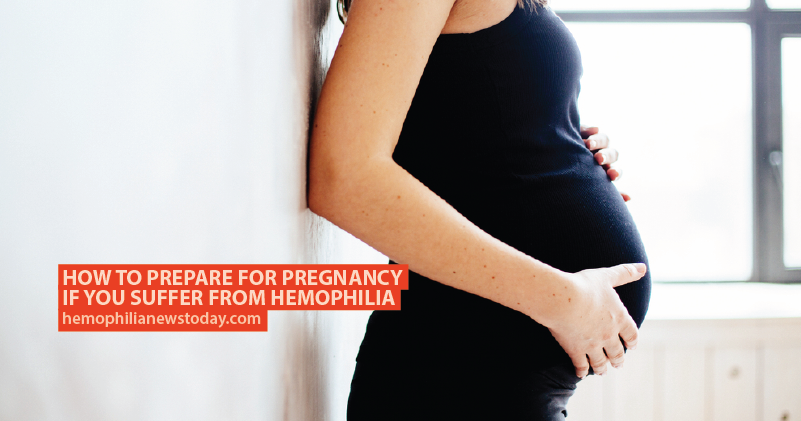How to Prepare for Pregnancy If You Suffer From Hemophilia
Written by |

When talking about hemophilia, women are often overlooked. This is because males are much more susceptible to hemophilia A and B, while most females only experience mild symptoms that allow them to lead a mostly normal life (although this is not the case with type C). Because of the mild symptoms, women are either not being diagnosed or being diagnosed much later than they should be.
MORE: What you need to know about hemophilia type C.
There’s a big risk if a woman decides to have a baby without being aware that they have hemophilia. Many may also not be aware that they’re carriers, or even obligate carriers.
If you suspect you might have hemophilia or be a carrier, it’s important to find out before birth as your healthcare team will need to prepare for it. This will also give you the information you need to decide if doctors should perform any prenatal tests to find out if your child suffers from the same.
MORE: Learn more about hemophilia testing and screening.
According to the Canadian Hemophilia Society, there are steps female hemophilia sufferers can take to make their pregnancies as smooth as possible.
If you suffer from hemophilia, you’ll need a team to help you through your pregnancy, not just the childbirth stage. It’s recommended you see an obstetrician, a hematologist and an anesthesiologist, all of whom will need to be present during birth. They will all need to be fully aware of your bleeding disorder so they can make sure you have a safe pregnancy from start to finish.
The first three months of pregnancy are crucial and you will need to be closely monitored. That’s the time period when women have the highest risk of miscarriage.
MORE: What else you need to know about hemophilia and pregnancy.
Surprisingly, bleeding during pregnancy is not usually a concern. Most women report less bleeding than normal, which is due to a high level of hormones in the body which helps raise the number of blood-clotting proteins.
Unless prenatal tests have confirmed otherwise, the doctor will assume the child also suffers from hemophilia, therefore the birth should be as natural and gentle as possible. This means no epidural, no cesarean, no suction, no clamps or forceps — nothing that might cause complications for both the mother and the child.
After delivery, it’s vital that the mother keeps breastfeeding for as long as possible. This will keep her hormone levels high which will help prevent bleeding. However, several bleeding disorders (including hemophilia B) may not be affected by these hormones so it’s important that all hemophilia patients consult with their healthcare team.
MORE: How to handle hemophilia during the post-natal period.
Hemophilia News Today is strictly a news and information website about the disease. It does not provide medical advice, diagnosis, or treatment. This content is not intended to be a substitute for professional medical advice, diagnosis, or treatment. Always seek the advice of your physician or other qualified health provider with any questions you may have regarding a medical condition. Never disregard professional medical advice or delay in seeking it because of something you have read on this website.


